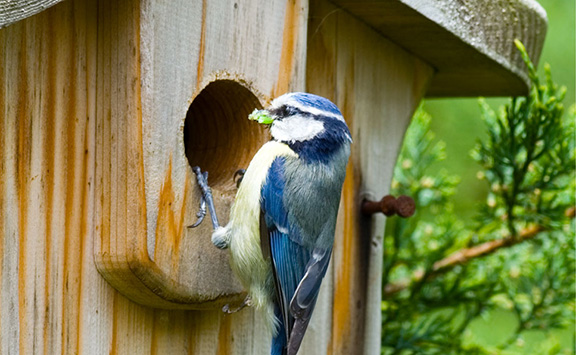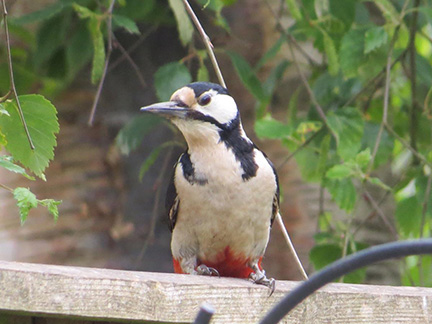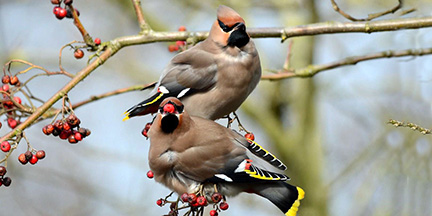- Home
- News
- What’s On
- Activities for Children
- Arts & Crafts
- Autos and Bikes
- Business events
- Car Boot & Auctions
- Charity events
- Churches & Religious
- Comedy
- Dance
- Days out & Local interest
- Education
- Exhibition
- Film
- Gardening & Horticulture
- Health
- Markets & Fairs
- Music
- Nature & Environment
- Spiritual
- Sport
- Talks and Discussions
- Theatre and Drama
- Business
- Local Information
- Jobs
- Deaths
- Charity events
- Contact Us
National Nest Box week – 14th to 21st February

National Nestbox Week is an established part of the ornithological calendar.
Celebrated from February 14th each year, it puts the spotlight on breeding birds and asks everyone to put up more nest boxes in their local area.
With bird breeding season drawing ever closer, you’ll likely have begun to hear your garden birds being much more active. Being the busiest time of year for our feathered friends, it’s more important than ever to provide both food and a safe place to nest.
As part of National Nest Box Week, the British Trust for Ornithology (BTO) is asking us to put up more nest boxes for declining garden birds like house sparrows and starlings. The simple act of providing a home can make a real difference for our birds, providing them with the space they need to raise a family.

What is National Nest Box Week?
The National Nest Box Week (NNBW) is an established part of the ornithological calendar, taking place from the 14th – 21st of February every year. NNBW encourages people to put a nest box up in their local area. People are also asked to sign up for the Nest Box Challenge, where they can report activity in their nest box. The main aim is to promote and enhance biodiversity and conservation of our breeding birds and wildlife.
Valentine’s Day is traditionally more for birds than humans! The first mention of it as a romantic celebration was in Chaucer’s 14th century poem, The Parliament of Fowls, where he imagined it to be a day when birds gather to choose their mates under the supervision of nature. So, mid-February is the ideal time to start looking out for nesting birds. You could put up nest boxes for tits in search of nesting holes and open boxes for blackbirds and robins.

Why are bird nest boxes important?
Putting up nest boxes during NNBW can provide a nesting site for our treasured garden birds, many of which are struggling after extreme and unpredictable weather conditions. With the total number of birds on the decline and the decrease in the number of available safe places to nest, birds are having a particularly tough time. Providing nest boxes can help by offering good quality, warm, dry and safe homes for growing families in the next breeding season.
An increasing proportion of people now live in towns and cities. Urbanisation is considered to be one of the greatest threats facing birds, resulting in the loss of natural habitats and the feeding and nesting opportunities associated with them. With cleaner, more stripped-back environments, natural holes, nooks and crannies are lacking, meaning birds have fewer places to nest. The loss of these sites may have played an important role in the significant decline in these species since the early 1990s. The Common Bird Census between 1970 and 1999 revealed some shocking insights into bird declines. Some of the most endangered species include the turtle dove, cuckoos and starlings. We can help these birds by providing food, water and shelter, to encourage breeding.

You must be logged in to post a comment Login